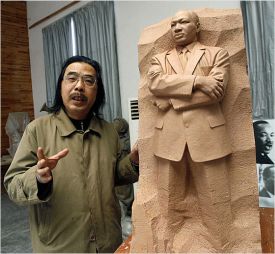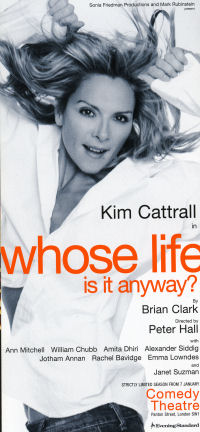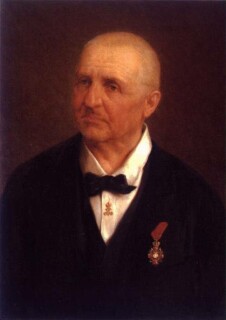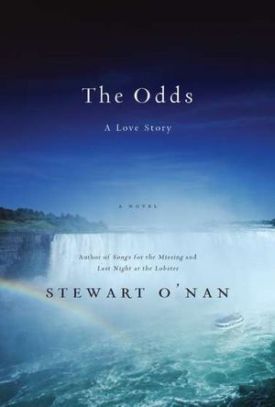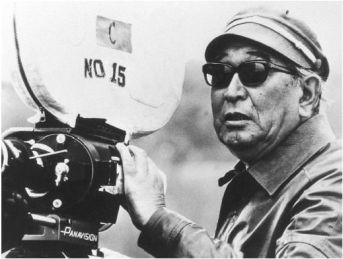Defining Definitions Down
From The Wall Street JournalKeywords for American Cultural Studies
Edited by Bruce Burgett and Glenn Hendler
New York University, 288 pages, $22.95
In 1976, the British Marxist critic Raymond Williams published Keywords: A Vocabulary of Culture and Society. It was a work of genuine scholarship, tracing the semantic histories of certain words — such as “alienation”, “bourgeois”, “country” and “development” — that have specialized political meanings. However odious Williams’s politics might have been (he died in 1988), he at least had the wit, when defining “jargon,” to note that “it is . . . in relation to an opposing intellectual position such as Marxism that some of the most regular dismissive uses of ‘jargon’ are now found.’”
Now comes Keywords for American Cultural Studies, modeled on Williams’s work, except that editors Bruce Burgett and Glenn Hendler have dispensed with scholarship, humor and even the semantic history of the “keywords” under discussion. Instead, the words’ political meaning is all that matters — or at least it is all that matters in cultural studies departments at universities across America, where this book no doubt will prove catnip for professors. As it happens, Mr. Burgett, a professor of Interdisciplinary Arts and Sciences at the University of Washington, and Mr. Hendler, who teaches English and American Studies at Fordham University in New York, have foregone providing their own analysis of “jargon,” possibly because the book itself amounts to a 288-page definition of the word.
Keywords
does begin with a formal bow toward Williams’s distinction between words as they are used in specialized political vocabularies and as they are regarded by philologists or lexicographers — who are rather condescendingly described here as offering a mere “discourse of expertise” to which these political “vocabularies,” with their “critical interdisciplinarity,” may be expected to “provide a counterpoint.”
But it is a counterpoint without melody. The Burgett and Hendler “vocabularies” have nothing but contempt for the “discourse of expertise,” i.e., traditional language scholarship. The new political vocabularies, they say, “treat knowledge not as a product of research that can be validated only in established disciplines and by credentialing institutions, but as a process that is responsive to the diverse constituencies that use and revise the meanings of the keywords that govern our understandings of the present, the future, and the past.”
I can’t remember when I’ve read quite such a chilling passage as that. It’s another way of saying that you can forget about the immensely complex historical facts of language and meaning. Meanings are ideologically determined. It used to be Humpty Dumpty who insisted: “When I use a word, it means just what I choose it to mean — neither more nor less.” Now it’s “diverse constituencies” making it up as they go along. What words actually have meant to English speakers up until the day before yesterday is of no interest to the contributors to Keywords.
To understand how this politicization of language works in practice, consider a word such as “family.” Carla L. Peterson, a professor of English, women’s studies, American studies and African-American studies at the University of Maryland, writes the book’s article on this word, taking off from Williams’s observation that the family as we understand it today is an invention of the 19th-century bourgeoisie.
Now as then, she goes on to tell us, the bourgeois family “often functions as a code word intended to stigmatize the deviant, those placed beyond the norm by virtue of their race, sexuality, class, or other social identities.”
Say that this observation is true. Is it central to the meaning of the word “family” as most people understand it? Aren’t families more important for what they include than what they exclude? Not to Prof. Peterson, whose focus is entirely on “family” as an instrument of exclusion — and therefore oppression.
After Prof. Peterson expatiates on the attempts of the African-American family, outlawed under slavery, to assimilate itself to bourgeois and patriarchal norms, she hails the advent of “brave new families” that are “indifferent to traditional concepts of blood, nuclear structures, and lineage” and are “the result of resourceful and creative action.” Meanwhile, she says, “social conservatives” feebly protest their loss of power “to exclude deviants from the national family.”
Regardless of what you might think of Prof. Peterson’s celebration of the “brave new families,” her discussion leaves out a great deal and begs a lot of questions that those “social conservatives” might want to raise if they were treated as anything but a force of reaction.
“Reaction,” by the way, is not in the book, though you might have thought it a keyword, so useful is it for excluding political deviants. “Capitalism” is here (“not just an economic structure, but also the conflicts and contradictions inherent in that structure”), but not “socialism”, “sexism”, “racism” or “homophobia,” which might seem a bit odd, considering how central these concepts are to the ideology out of which this book has been written.
But a moment’s thought should tell us why. These “keywords” are just a little too key. If the same sort of deconstruction were practiced on them that “capitalism” or “economy” or “colonial” or “empire” are submitted to, the exercise might bring down this intellectual house of cards.
Discover more from James Bowman
Subscribe to get the latest posts to your email.


